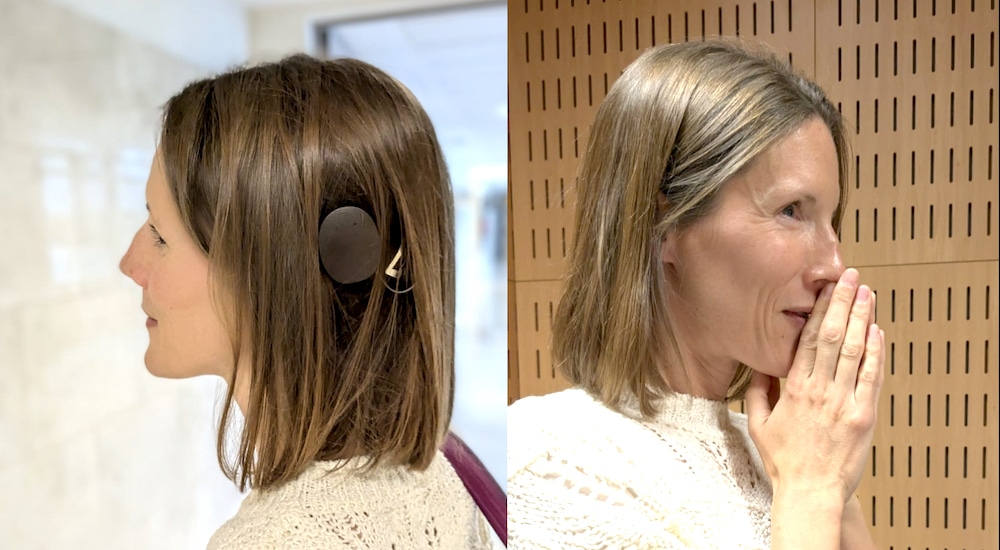NICE criteria review means 70% more NHS cochlear implants annually in UK by 2024
CI
A significant rise in the number of UK NHS patients receiving cochlear implants (CIs) will follow a long-overdue criteria revision by the standards-setting body NICE.

Updated guidance from the National Institute for Health and Care Excellence means 890 more UK children and adults with severe to profound deafness will be annually eligible for cochlear implants.
Candidacy will now be based on the revised audiometric thresholds of 80dB HL at 2 or more frequencies without hearing aids, redefining the former NICE criteria for severe to profound deafness as recognising only hearing sounds louder than 90 dB HL or above at 2 and 4 kHz.
NICE points out that around 1,260 people in England now receive NHS cochlear implants each year. The revision means a 70% increase in that number, to 2,150 people, “once a steady state is reached in 2024/25”
The move has finally followed long-term pressure on NICE to recognise that its criteria were out of date and did not properly reflect the impact of CIs. Since its inception in 1999 to watch over and report on clinical excellence and social care, this Department of Health body has been much criticised for slowness in providing appraisals and reaching decisions.
On this important new guidance, Meindert Boysen, NICE’s Centre for Health Technology Evaluation Director said: “The appraisal committee listened to stakeholder concerns regarding the eligibility criteria for cochlear implants being out of date. Upon review it was concluded this needed to be updated.”
Source: NICE


